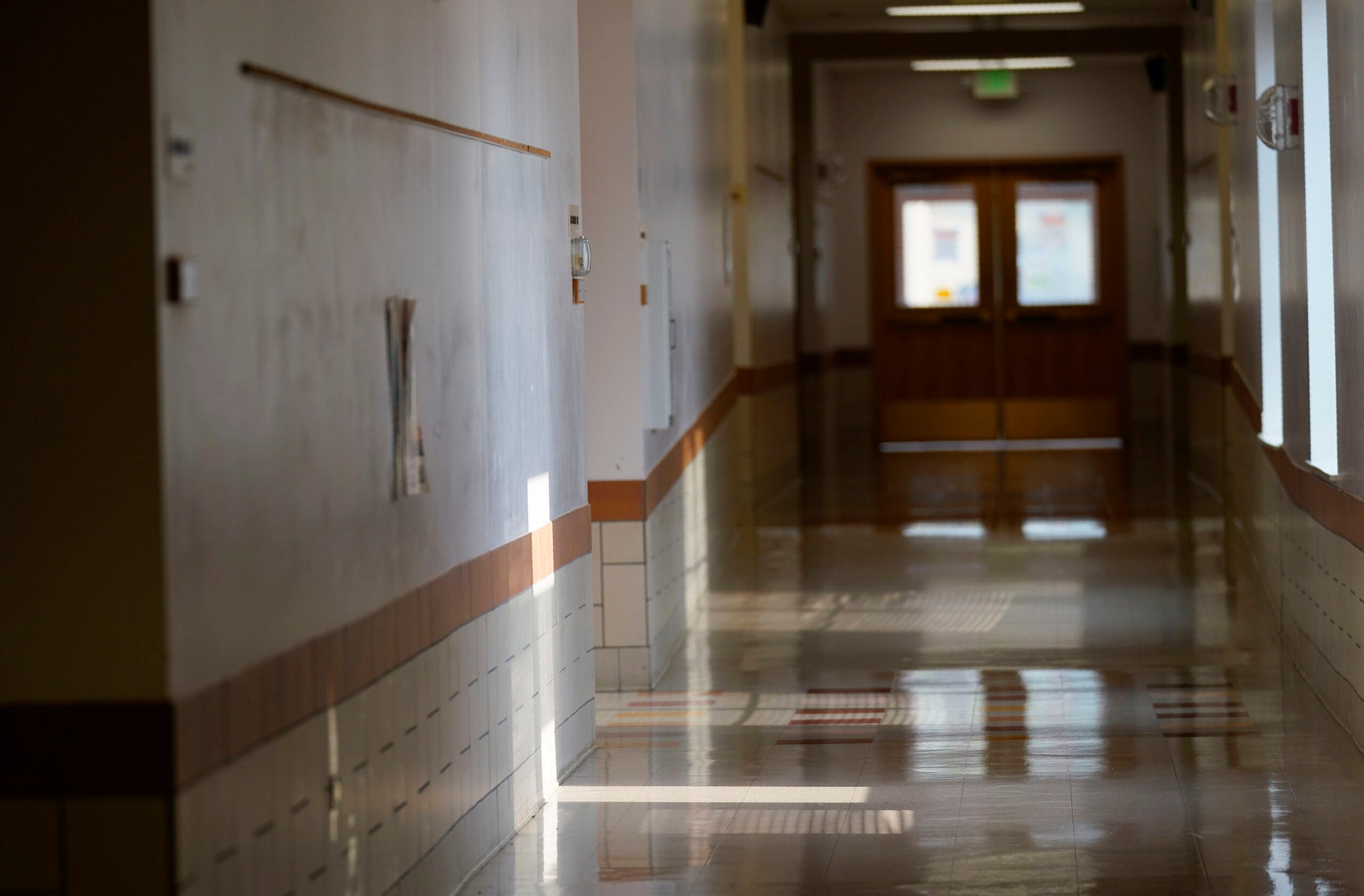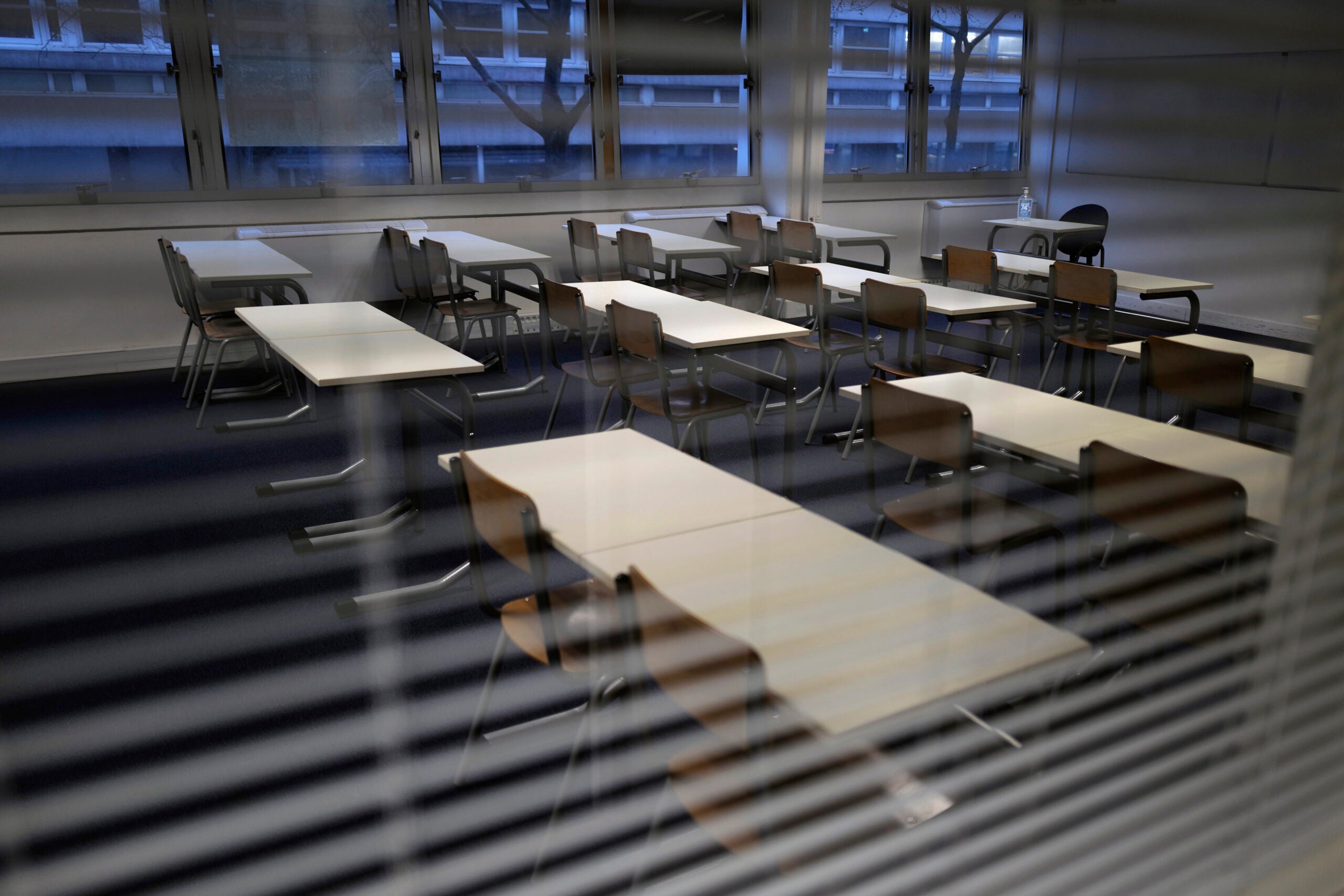Schools want and expect parents to be involved, but does the school calendar and daily schedule really fit the reality of working parents? We look at different ways to make it easier for parents to engage. We take a look at how yoga is being used in some classrooms, and we look into claims from President-elect Donald Trump that widespread voter fraud across the country cost him the popular vote.
Featured in this Show
-
Trump Makes False Claims That Voter Fraud Cost Him The Popular Vote
Over the weekend, President-elect Donald Trump criticized election recount efforts and tweeted that “millions of people who voted illegally” cost him the popular vote. We talk to a voting expert about the unprecedented assertions, and find out what impact they could have.
-
Using Yoga To Improve Classrooms For Teachers And Students
When an education professor at UW-Madison noticed her student-teachers seemed stressed and burnt out, she used yoga to promote wellness and mindfulness among her students. She has since started a non-profit called Breathe For Change, which is expanding in public schools around the state. The founder shares the history of Breathe for Change, and explains how yoga improves education for everyone.
-
Are Children's School Schedules Too Much For Working Families?
For many parents the constant shuffle between work schedules and their children’s school schedule can create a logistical juggling act and ongoing stress for everyone involved.
Our guest published a report for the Center for American Progress that suggests this parental balancing act may be taking a greater toll than many people realize.
-
Study: Conflicting Schedules Between Working Parents, Children Comes At A Price
A new report suggests the scheduling conflicts between working parents and their children’s schools may be taking a greater toll than many people realize.
The study by the Center for American Progress found excluding summer break, schools are closed for 29 weekdays on average for staff training, special programs and seasonal breaks.
“That’s really more than most working parents have in paid vacations and holidays,” said Ulrich Boser, a senior fellow at the center and the study’s author.
Boser said the misaligned schedules have the potential to significantly affect the economy, he estimated as much as $55 billion in lost productivity annually. He added it particularly affects parents who work in the service industry, which typically offers less flexible hours and lower pay.
The schedule disruptions may force some working-class parents to pay out of pocket during school closings.
“Assuming that parents could find stable child care in the instance of every school closure, if families pay out of pocket for child care to cover the excess school closure days and hours, it would cost an average of $6,600 per year, or 9 percent of an average family’s income,” the study stated.
Boser said he’s not asking schools to suddenly take on the task of child care, “but we do think with a little more thoughtfulness, we can create schedules that works better for parents as well as for schools,” he said.
The report also examined the impact of early release times for schools, many of which close between 2:30 and 3 p.m. Boser said there isn’t a strong reason why schools couldn’t push those back in order to better align with typically working hours.
“Three o’clock closing time is peculiar, and we wanted to sort of question why it exists and layout some proposals and programs and ideas for schools,” he said.
There could be a series of small changes at the federal, state and local levels to help working parents, Boser said.
Episode Credits
- Rob Ferrett Host
- Veronica Rueckert Host
- Haleema Shah Producer
- Matt Oleson Producer
- Karl Christenson Producer
- David Canon Guest
- Ilana Nankin Guest
- Ulrich Boser Guest
Wisconsin Public Radio, © Copyright 2024, Board of Regents of the University of Wisconsin System and Wisconsin Educational Communications Board.


